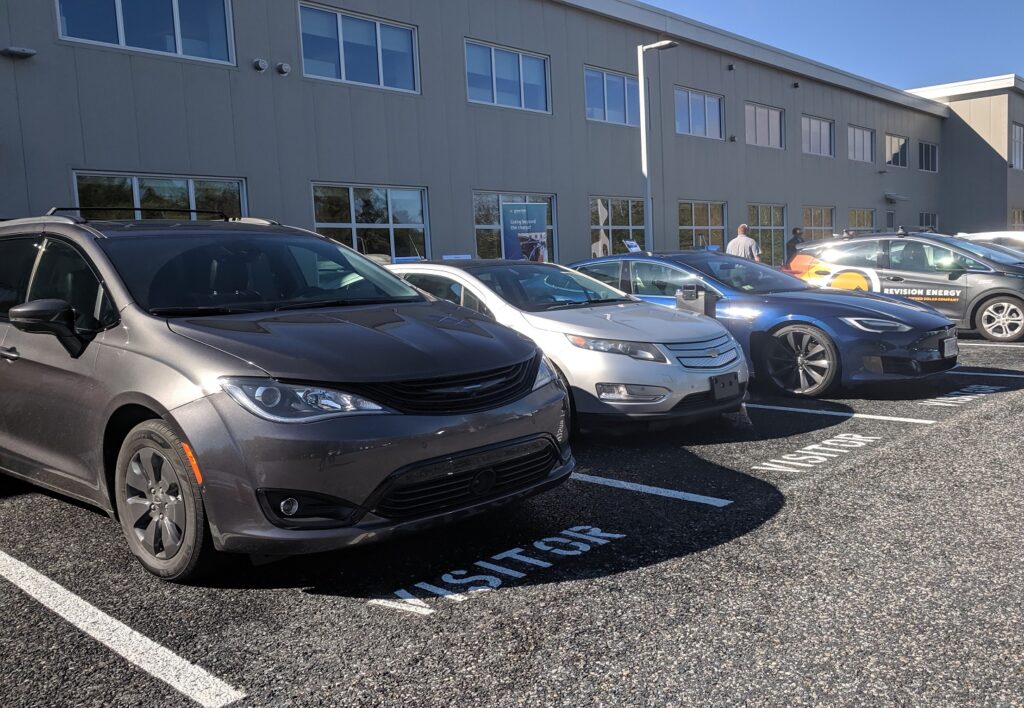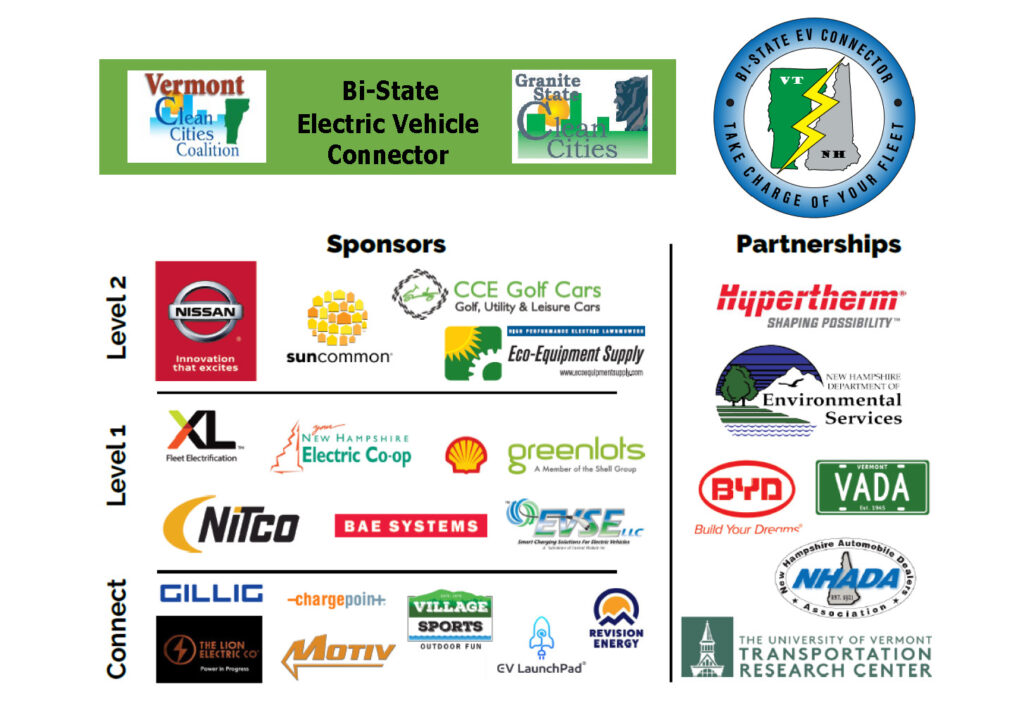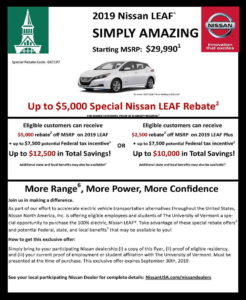
A people-powered movement to advance a walking culture


Have you seen one of the new lime-green shopping trolleys around Burlington? These stylish trolleys have made their way into the hands of Burlington residents thanks to the “Walk to Shop” initiative spearheaded by Net Zero Vermont. The program rolled out in the spring of this year. Working with their community partners, Net Zero Vermont is offering the trolleys at a reduced cost of $35 to residents interested in making more shopping trips by foot. There are further reduced rates for income-sensitive individuals or households.
The program seeks to support existing and current walkers to travel more efficiently for necessary short trips by walking instead of driving to their destinations. Most Burlington residents live within a 15-minute walk of their nearest grocery store, though many are unaware of this. The trolley serves as an important accessibility tool allowing a greater range of people to make these short shopping trips by walking and having the ability to carry up to 40 lbs. comfortably in one trip.
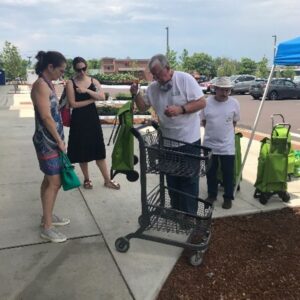
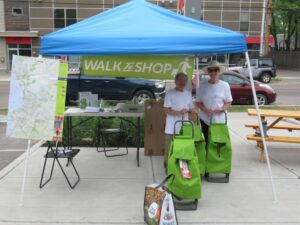
Net Zero Vermont has held several demonstrations and pop-up events at grocery stores around town as well as at the Farmer’s Market over the summer. People are excited to take the trolleys for a test roll and are surprised by how easy it is to move a heavy load of groceries. Once an individual has decided to take the plunge and purchase a trolley, the program’s ask of them is simple: use the trolley 1-2 times a week to replace a trip they normally would have made by car and then provide feedback about their experience through a survey. User feedback has been overwhelmingly positive, with users praising how light and agile the trolley is when filled with groceries, how it takes up less space and is easier to use than larger and heavier metal grocery trolleys, how they love that they no longer must “arm-wrangle” bags of groceries into the house but can easily just pull the trolley inside, and how they’re excited to be walking and feel more a part of their community by doing so. Participants range from those over 50 seeking to make lifestyle changes, to younger people living in small apartments downtown who are interested in more sustainable transit options, to those without cars who are already dependent on public transit and walking.
The benefits of the trolley for individual shoppers are numerous, but the program is also concerned with the greater impact that supporting increased walking for short trips will have on Vermont’s transportation system, greenhouse gas emissions reduction goals, and our communities overall. Walking is often left out of the sustainable transportation planning conversations, but as an efficient, convenient, affordable, and equitable option, it needs to make its way into those policy and planning discussions as a viable alternative to single-occupancy vehicles, so that our communities as a whole are driving less.
When the focus shifts to walking instead of driving for short trips that are 20 minutes or less, a number of benefits and opportunities open up. It creates a more connected active-transportation network and infrastructure, where people are able to safely and seamlessly walk from their homes to shops and amenities, as well as connects with biking infrastructure and public transit for longer trips. Walking creates a number of interconnected environmental, economic, and social co-benefits.
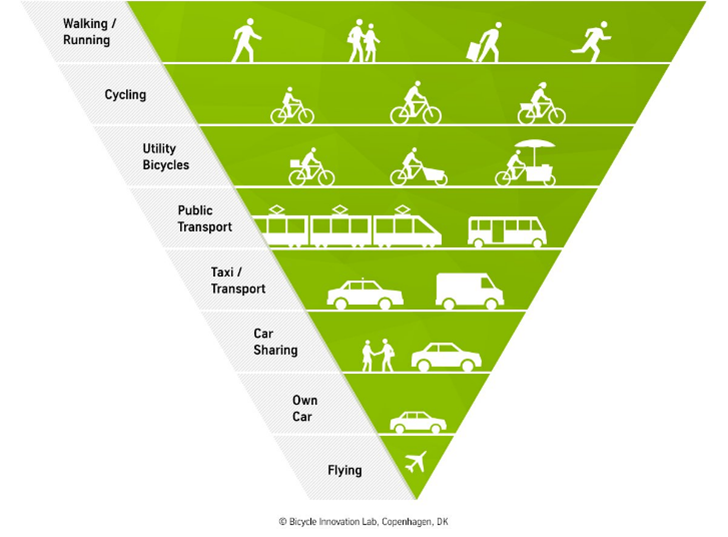
Environmental Benefits
- Contributes Zero emissions
- Improves air quality
- Keeps development dense, preserving open and natural space
- Decreases fuel and emissions (numbers are national):
- $575 million in fuel costs saved per year
- 2 million metric tons of CO2 emission saved per year (equivalent of taking 400,000 cars off the road)
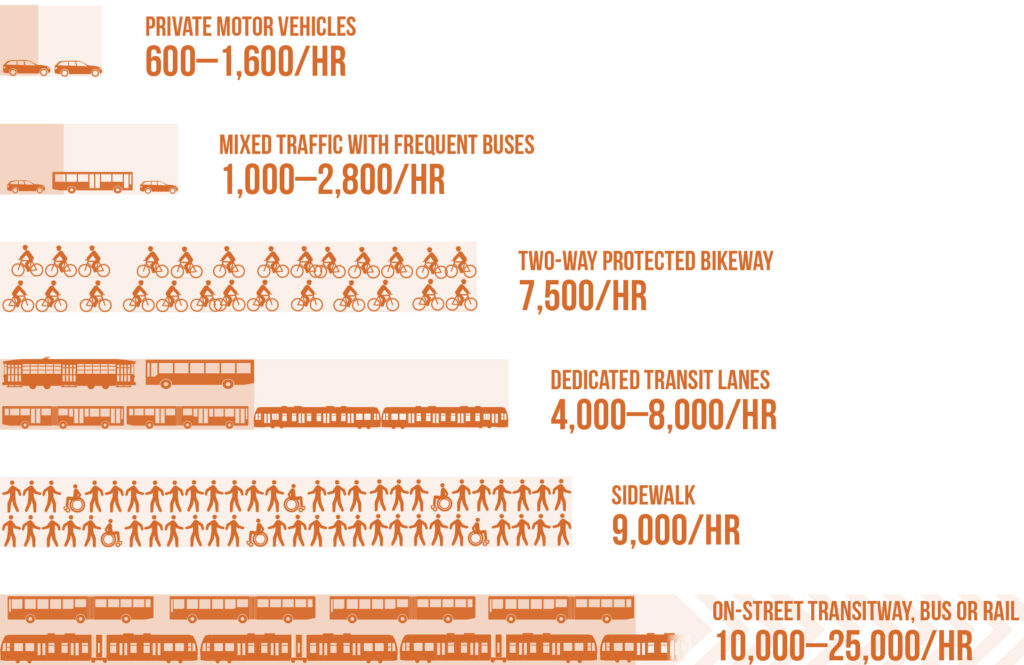 The capacity of a single 10-foot lane (or equivalent width) by mode at peak conditions with normal operations.
The capacity of a single 10-foot lane (or equivalent width) by mode at peak conditions with normal operations.
Economic Benefits
- Increases foot traffic and shopper frequency to local stores which boosts local economies
- Reduces demand for new parking spaces
- Decreases wear and tear on roadways resulting in fewer maintenance costs
- Walking infrastructure has low capital investment costs and potential high rates of return
Social, Health and Equity Benefits
- Expands access to the one-third of Burlington’s seniors who don’t drive
- Is more ergonomic than shopping bags and doesn’t exacerbate back problems
- Increases social activity and community safety
- Increases independence and access for those without cars
- Increases physical activity for improved health outcomes
- Improves health benefits and related cost savings (numbers are national)
- $5 billion in health benefits due to improved air quality
- $4 billion in avoided deaths and reduced health care costs because of increased physical activity
The “Walk to Shop” program is an opportunity to shift short, utilitarian trips from driving to walking and to increase support for more active transportation infrastructure. By supporting people in making the choice to walk, the program is helping to shift the behavioral and attitude changes that are necessary to encourage policy changes that include walking as a viable and important transportation option that will help Vermont achieve its greenhouse gas emission reduction goals and to make its transportation system safe and equitable for all Vermonters.
Building on the program’s success in Burlington, Net Zero Vermont is working to expand the program to more Vermont towns, with Rutland potentially being next.
For more information about the program, contact:
Stuart Lindsay: stu@netzerovt.org
Phil Hammerslough: phil@netzerovt.org
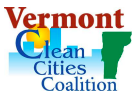
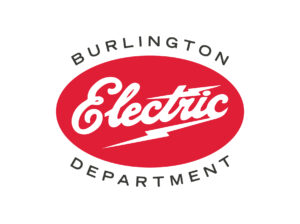



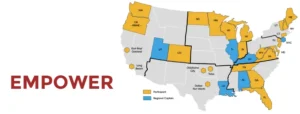






 The capacity of a single 10-foot lane (or equivalent width) by mode at peak conditions with normal operations.
The capacity of a single 10-foot lane (or equivalent width) by mode at peak conditions with normal operations.